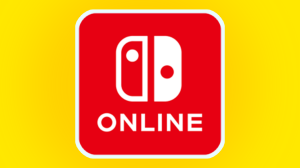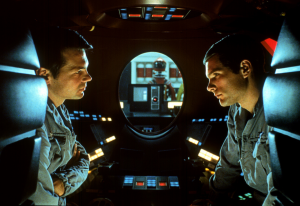Over the last few days, developers across the video game industry have joined together condemning Unity. The company’s engine has made it popular among developers, but a new policy from Unity is making developers rethink their future plans. The policy in question is a runtime fee, which would charge developers every time a player installs a game. A lot of indie developers are understandably upset with this change in policy, and Unity has spent several days trying to put out the fire. Today, the company released a new statement on Twitter, outright stating that the policy will be changing again in some way.
Videos by ComicBook.com
“We have heard you. We apologize for the confusion and angst the runtime fee policy we announced on Tuesday caused. We are listening, talking to our team members, community, customers, and partners, and will be making changes to the policy. We will share an update in a couple of days. Thank you for your honest and critical feedback,” the statement reads.
Why are Developers Upset with Unity?
As it currently stands, Unity’s runtime fee policy will take effect on January 1, 2024. Since it was announced, developers have shared a number of issues with the change. Notably, studios were given no advance warning, and games already released would be impacted by this new policy; as inXile Entertainment noted on Twitter, Unity could come looking for money on games released more than a decade ago. The policy would also punish developers for finding new success. Another Crab’s Treasure developer Aggro Crab noted that the game’s 2024 release on Xbox Game Pass could result in “an enormous dent in our income.” The studio also pointed out how it could be punished for pirated installs.
The policy is clearly in flux at the moment, and it remains to be seen whether it will still happen in January, or if Unity will scrap it altogether. The move clearly received more backlash than the company was expecting, and some developers are promising to move on to another engine entirely, regardless of what happens here.
How Could Unity’s Runtime Fee Impact Xbox Game Pass?
A reality of the current video game industry is that users often install and uninstall games to make room on their gaming system. This is especially true for services like Xbox Game Pass, as players try games, then delete them to make room for something else, and install them again later. As Stephen Totilo of Axios noted on September 12th, companies like Microsoft would be on the hook for those runtime fees. This could theoretically lead to the company shying away from bringing games made with Unity to Xbox Game Pass. Given how beneficial some developers have found Game Pass, this could result in even more companies abandoning Unity altogether.
With Unity clearly rethinking things, it remains to be seen how this will all shake out. Hopefully the company will come to a decision that works out best for everyone!
Are you surprised that Unity will be changing the policy again? Do you think developers will still abandon the engine? Share your thoughtswith me directly onTwitter at @Marcdachamp or on Instagram at @Dachampgaming!








